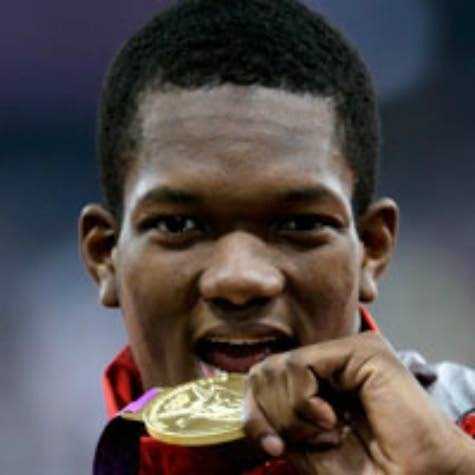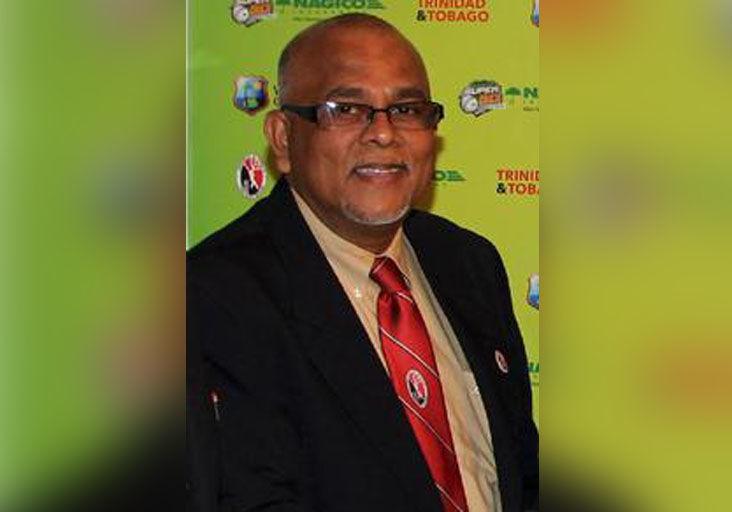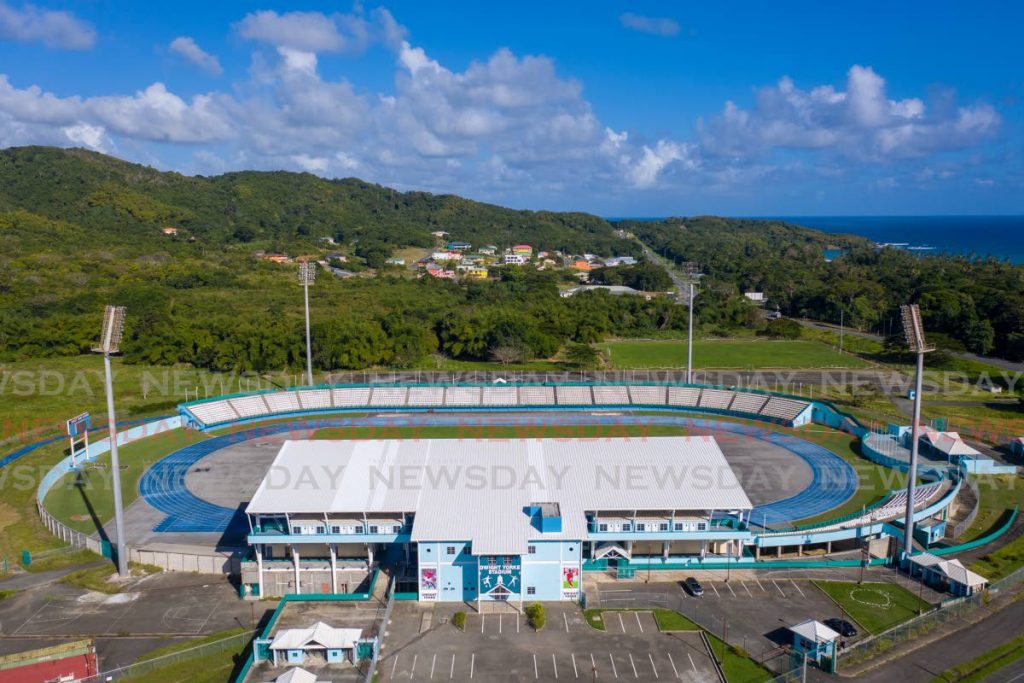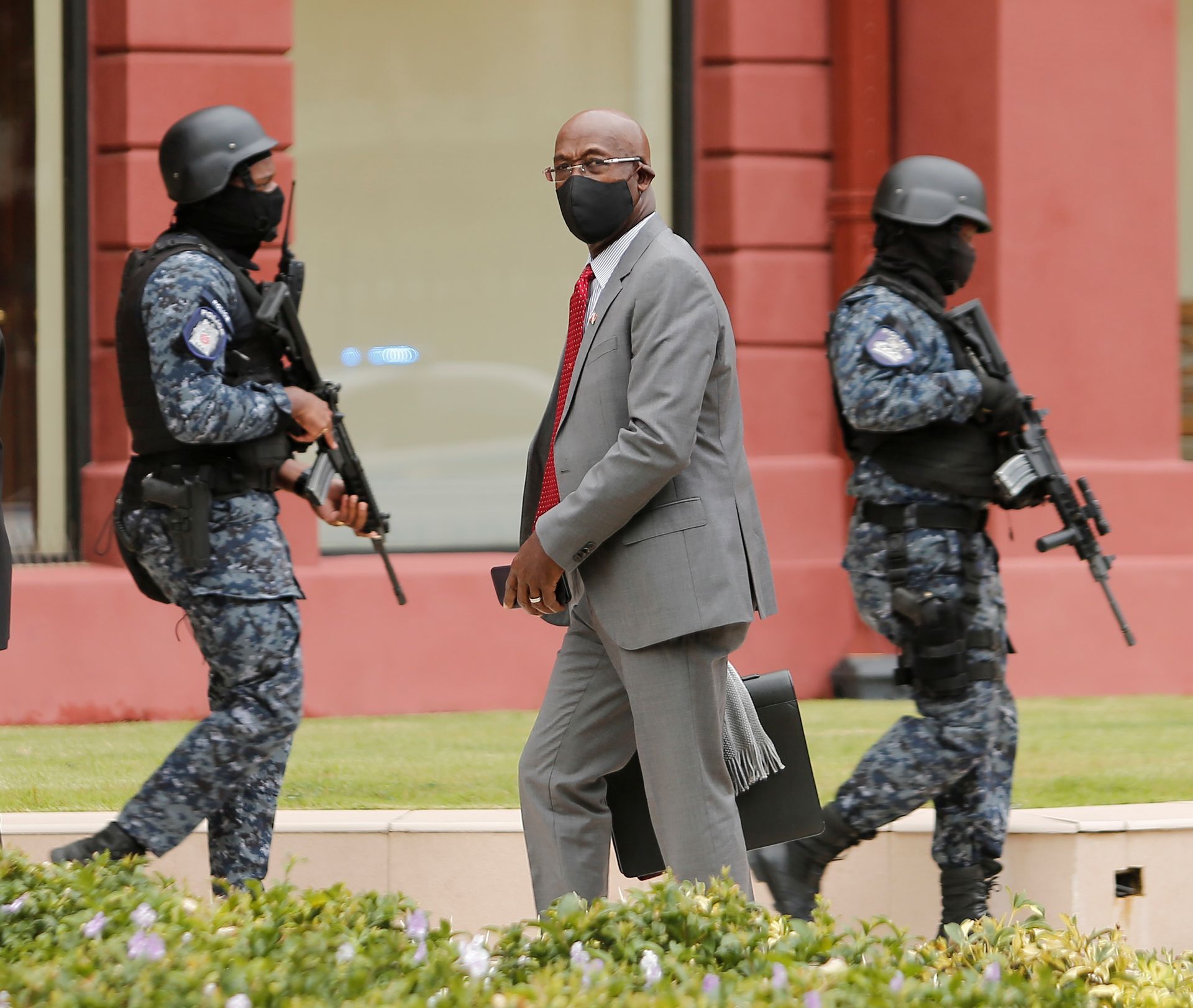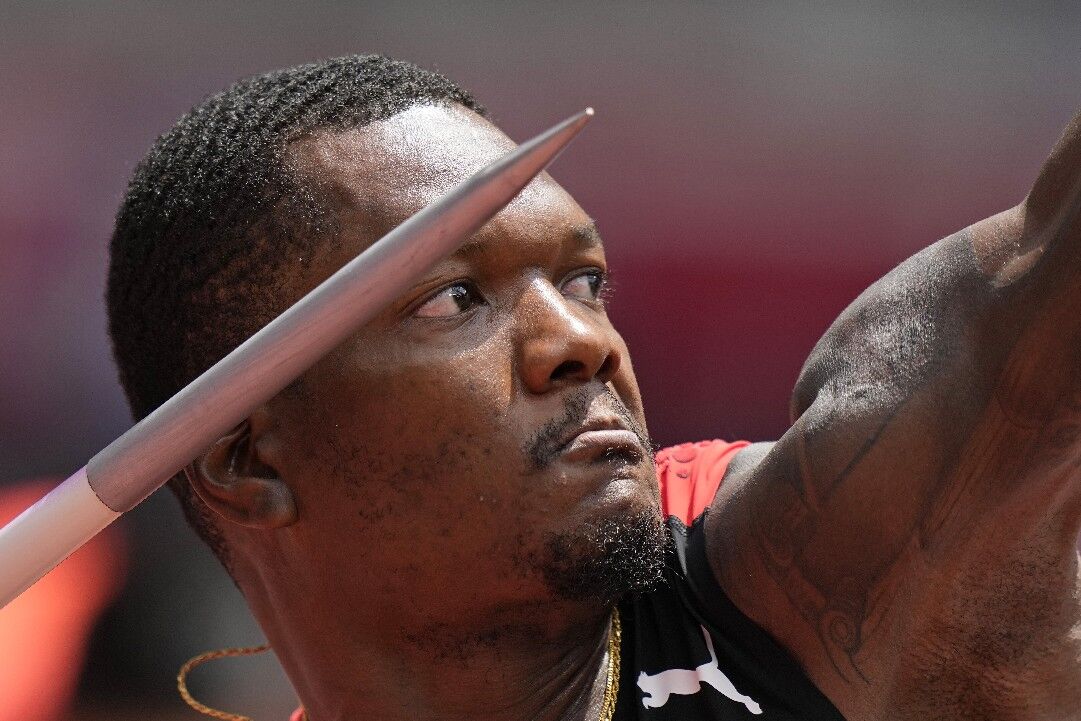It takes something special to stand out in the Olympic games, where more than 11,650 of the world’s best athletes have converged to compete.
REBOOT TIME
While Minister of Finance Colm Imbert didn’t spend too much time on Sport during his budget presentation on Monday, he did provide some encouragement and optimism for national sporting organisations (NSOs) as they look forward to getting back on the field over the next 12 months.
Sporting facilities nearing upgrade completion
STRUCTURAL upgrades on seven sporting facilities and two community swimming pools throughout Trinidad and Tobago are nearing completion.
Sport is a force for good
"But those who trust in the Lord will find new strength. They will soar high on wings like eagles. They will run and not grow weary. They will walk and not faint" (Isaiah 40:29-31).
Budget 2022 Highlights
Finance Minister Colm Imbert has announced a $52.4 billion Budget for the next fiscal year.

